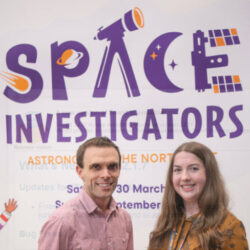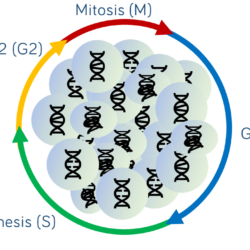Creating consistent and automatic feedback for large student cohorts in Engineering
Dr John Hedley, Senior Lecturer in the School of Engineering, designed a marking criteria for a team of markers on a large population engineering module, enabling fast and consistent marking, alongside effective descriptive student feedback that is automatically generated.










